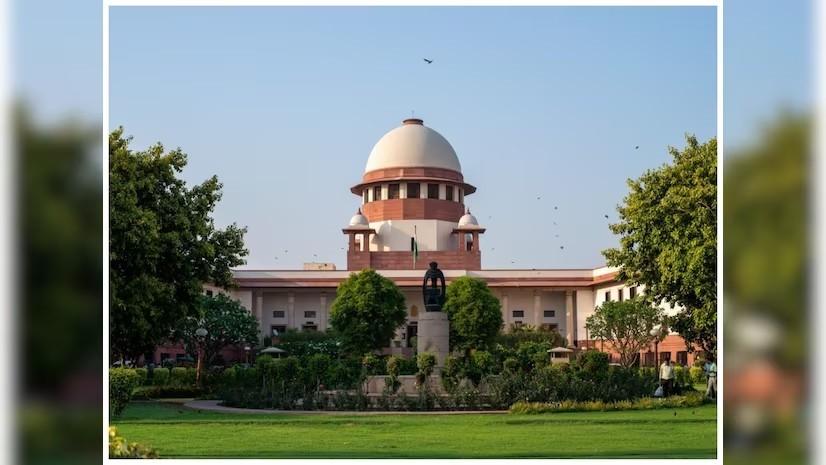
Injunction

28.03.2024
Injunction
|
For the Prelims: About the injunction, Important points, About ex parte injunction, Types of Prohibition in India |
Why in the news?
Recently the Supreme Court said that courts should be cautious in passing injunction orders to stay the publication of articles, especially when it is yet to be proved whether the content of such articles is false or not.
Important points:
- The Supreme Court has recently said that the granting of pre-trial injunctions by courts against the publication of an article can have a serious impact on the author's freedom of expression and the public's right to know.
- A bench of Chief Justice of India DY Chandrachud and Justices JB Pardiwala and Manoj Mishra said granting interim injunction before the commencement of trial often acts as a 'death sentence' for the content being published.
About the injunction:
- In India, an injunction is a legal remedy available to parties who want to prevent the other party from taking a certain action or behavior.
- Injunctions can be granted in a variety of situations, such as intellectual property infringement, breach of contract, or defamation.
- An injunction is a powerful legal tool that acts as a court order requiring a party to do or stop doing a specific act.
- It plays an important role in many legal battles, acting as a preventive measure to prevent legal wrongs or as a measure to enforce rights.
- An injunction is a discretionary measure and the court will consider various factors before deciding to grant an injunction.
- In India, the law regarding injunction is provided under the Specific Relief Act, 1963 and the Code of Civil Procedure, 1908.
About ex parte injunction:
- It is a court order, which is issued without hearing the other party involved in the case.
- This is also known as a temporary restraining order.
- This type of injunction is granted only in emergency situations, where there is a risk of irreparable harm if immediate action is not taken.
- An injunction, especially an ex parte one, should not be granted without establishing that the material sought to be prohibited is 'malicious' or 'patently false'.
- The blatant granting of interim injunctions before the commencement of the hearing stifles public debate.
Types of Prohibition in India:
- Temporary injunction: They are allowed to maintain the status quo until a final decision is reached. These are usually granted at the beginning of a case and can last for the duration of the legal proceedings.
- Permanent injunctions: These are granted after the court takes a final decision in the case. They prevent the defendant from continuing a particular act or behavior.
- Mandatory injunctions: They require the defendant to take a particular action. These are often awarded in breach of contract cases, where the plaintiff requires the defendant to fulfill its contractual obligations.
- Prohibitory injunctions: They prevent the defendant from doing a particular act or behavior. These are often awarded in cases of intellectual property infringement or defamation.
Source: Business standard